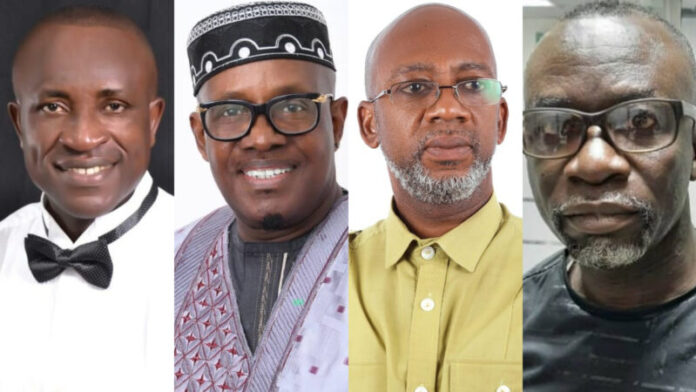Ghana’s creative arts industry is a hub of talent, encompassing music, film, theater, and visual arts.
However, beneath its vibrant facade lies a significant challenge: discord among its stakeholders. Rather than working together for the industry’s advancement, many individuals prioritize personal recognition over collective growth, hindering cohesion and goal achievement.
In Ghana, egos and competition have escalated into major obstacles to progress. Artists and musicians often focus on outshining each other, creating a competitive environment that sidelines collaboration.
The lack of effective leadership further compounds the issue, leading to a lack of direction in tackling critical problems like piracy and funding shortages.
This discord not only affects individual disputes but also hampers the industry’s growth and attractiveness to investors. Brain drain, declining work quality, and a lack of support from government and international organizations are some of the challenges the sector faces.
The Ghana Music Rights Organisation (GHAMRO) serves as an example of internal discord hampering progress. Leadership issues, infighting, and a lack of accountability have led to government intervention to address these longstanding problems.
Similarly, the Audio Visual Rights Society of Ghana (ARSOG) and the Musicians Union of Ghana (MUSIGA) have faced internal challenges that have hindered their effectiveness and unity.
Power struggles, corruption allegations, and a disconnect from industry trends have fragmented these organizations, hindering their ability to support their members.
The Actors Guild of Ghana and the Film Producers Association of Ghana (FIPAG) have also struggled with leadership disputes and a lack of accountability, impacting their advocacy and governance within the industry.
Despite these challenges, the Ghana Association of Phonographic Industry is making efforts to rebuild and modernize after years of infighting. The election of new executives and initiatives to digitize members’ work signal a positive shift, although internal conflicts from previous leadership still linger.

